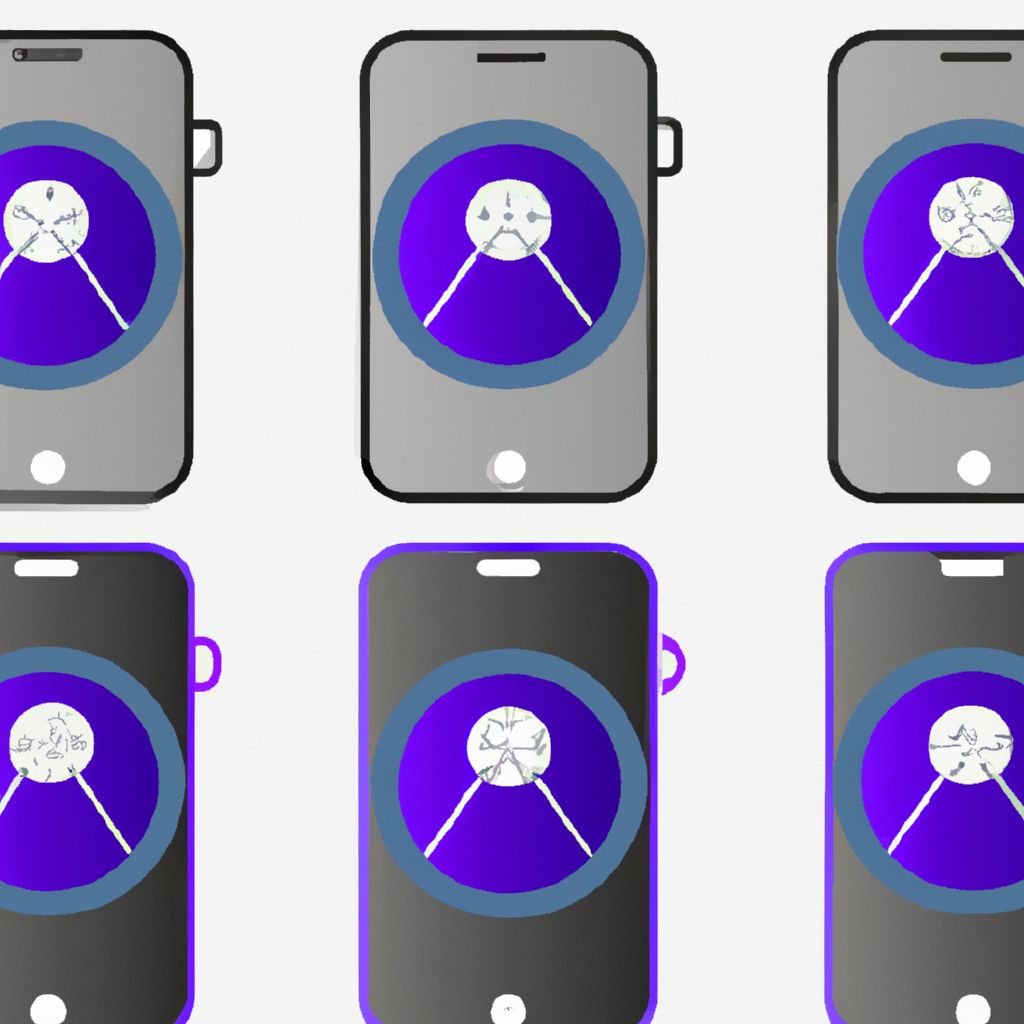Mobile applications are under increasing scrutiny regarding user privacy. Regulations like the EU's General Data Protection Regulation (GDPR) and the California Consumer Privacy Act (CCPA) impose strict requirements on how apps collect, process, store, and protect personal data. Failure to comply can result in hefty fines, reputational damage, and loss of user trust. Ensuring compliance isn't just about policies; it demands robust technical security controls to safeguard user information effectively.
Mobile penetration testing plays a critical role in verifying that these technical controls are implemented correctly and function as intended, directly supporting privacy compliance efforts. Here's how:
Validating Secure Data Storage
Privacy laws mandate that personal data stored on the device or backend servers must be adequately protected. Pentesting examines how and where your app stores sensitive information (like user credentials, personal identifiers, or health data). Testers attempt to access this data, checking for proper encryption (both at rest and within backups), secure key management, and protection against unauthorized local access. This validates compliance with data security principles fundamental to GDPR and CCPA.
Testing Data Transmission Security
Data transmitted between the mobile app and backend servers is a prime target. GDPR and other regulations require data to be protected during transit. Pentesting verifies this by analyzing network traffic, checking for the use of strong TLS/SSL encryption, certificate pinning implementation, and resistance to man-in-the-middle (MitM) attacks. Ensuring data is encrypted in transit is crucial for protecting confidentiality and integrity.
Assessing Consent Mechanisms
Obtaining valid user consent is a cornerstone of most privacy laws. Pentesting can assess the technical implementation of consent flows. Testers probe whether consent prompts can be bypassed, if tracking mechanisms activate before consent is given, or if consent withdrawal mechanisms function correctly and actually stop data processing. This ensures the technical reality matches the legal requirements for consent.
Checking Data Minimization
The principle of data minimization requires collecting only the data necessary for a specific, stated purpose. While primarily a design consideration, pentesting can help identify instances where the app might be collecting or storing excessive data inadvertently due to technical flaws or insecure configurations (e.g., overly verbose logging containing personal data).
Verifying Data Deletion Capabilities
Regulations like GDPR grant users the "right to be forgotten." Mobile apps must have reliable mechanisms to delete user data upon request. Pentesting verifies these deletion processes, attempting to recover data after a deletion request to ensure it's truly irrecoverable from the device, backend systems, and logs, fulfilling the user's right to erasure.
Identifying Vulnerabilities Leading to Breaches
Ultimately, privacy compliance relies on strong security. Pentesting identifies technical vulnerabilities (like insecure authentication, injection flaws, or insecure APIs) that attackers could exploit to cause a data breach. Preventing breaches is a core requirement of privacy regulations, and pentesting directly assesses the app's resilience against such attacks.
Conclusion: Pentesting as Privacy Validation
Achieving and maintaining compliance with mobile privacy laws is an ongoing challenge. While policies and documentation are essential, mobile penetration testing provides the crucial technical validation needed. It confirms that the security controls designed to protect user data and uphold privacy principles are not just present but are implemented correctly and effectively defend against real-world threats, giving organizations confidence in their compliance posture.
Disclaimer: This post represents the view of the individual author that wrote it and not necessarily the view of Rarefied Inc.
Looking for professional security testing?
Based on your interest in this topic, you might benefit from our specialized security services:
